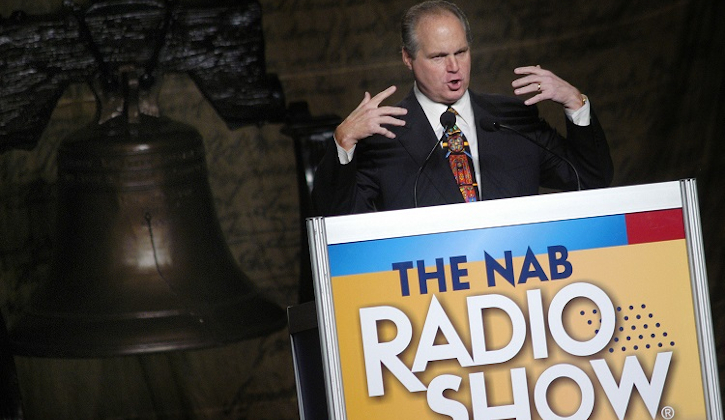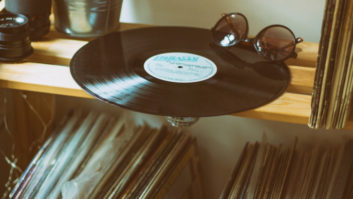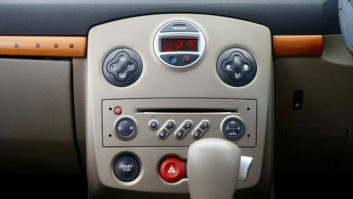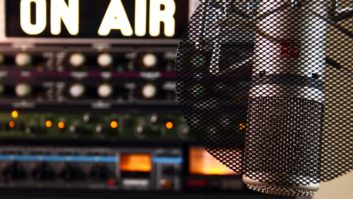The author is executive director of the National Federation of Community Broadcasters. NFCB commentaries are featured regularly at www.radioworld.com.
The passing of media giant Rush Limbaugh should be a reminder of the ability of radio to shape lives and opinions.
Limbaugh, the conservative antagonist, died Feb. 17 after a battle with cancer. His biggest boosters praise him as a champion of populism and nudging the Republican Party to be something more assertive than it was than when he began his radio broadcasts in 1984. His shock-jock style won over millions, including former President Donald Trump, who awarded Limbaugh the Presidential Medal of Freedom, America’s highest civilian honor.
[Read: Community Broadcaster: Has Radio Done Enough to Fix its Racist Past?]
Like many Americans, I wasn’t particularly fond of him. Just last week, I credited Limbaugh with making racist hucksterism viral, infecting local radio coast to coast. Regardless, this column is not an interrogation of Limbaugh’s contributions, but rather a conversation about the medium.
The out-of-touch eulogies may today cast the man as an antique from the 1980s and 1990s. The truth is Limbaugh enjoyed a huge audience in 2021. Carried on over 600 radio stations nationwide, more than 20 million daily listeners tuned in to Limbaugh. Yes, daily. The audience remained loyal even though he’d been largely absent from the program due to illness. That number beats most top television shows on any given week, including football on Sundays, Mondays or Thursdays.

For fans, Limbaugh’s act was surely a draw. In addition, the end of the Fairness Doctrine in 1987 gave stations greater license to air his viewpoints. However, is there really any debate that television or print would hardly have elevated him the way radio did? Without a medium as ubiquitous as radio, he never would have soared to the heights he did — and remains, frankly.
This gets to the heart of the matter. Radio is often declared dead. Some sneer at it as a relic left behind by Tidal and Spotify. We in community and public media fret over relevance, but sometimes miss the power of relationships. Radio is still a part of the lives of most Americans. In crises like we experienced this week in Texas and other states besieged by winter storms, radio has been a lifeline. Moreover, what would iconic voices we’ve known and do know be without radio?
Even with so much content available to us and the answers to literally every question as far away as our pants pocket or purse, radio still holds a place for all of us. It captures our imaginations and permits us to focus in on just the human voice and the visuals that words create. Netflix can keep churning out programs. Instagram and YouTube can percolate the next stars for Gen-Z. And, as a pillar of media worldwide, radio will continue to be integral enough to take for granted.
Before we again accept another obituary for radio or be subjected to another lazy headline asking about radio’s demise, let’s remember the importance radio has in the world. It continues to impact culture, politics and everyday life, and will for years to come.












